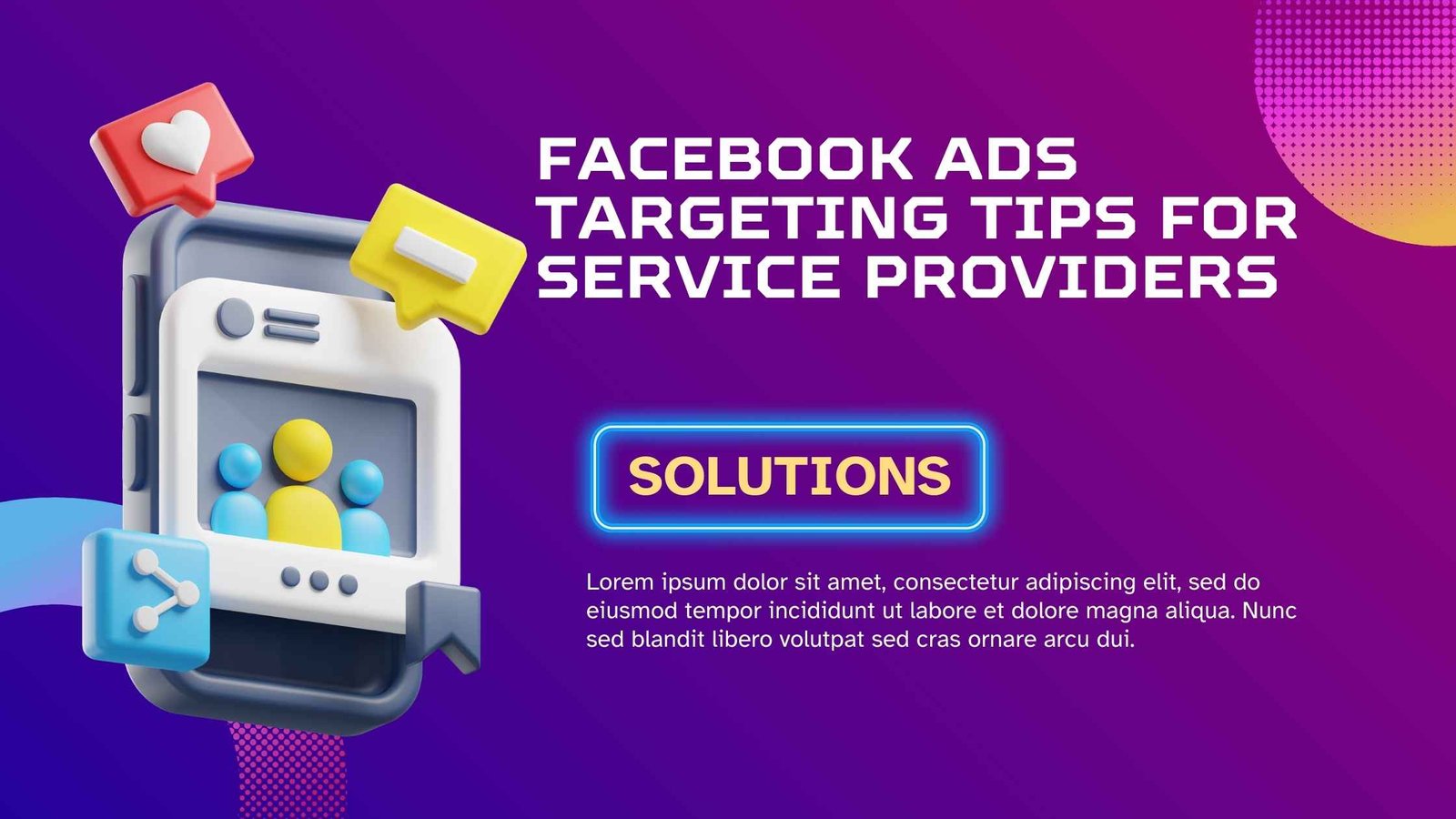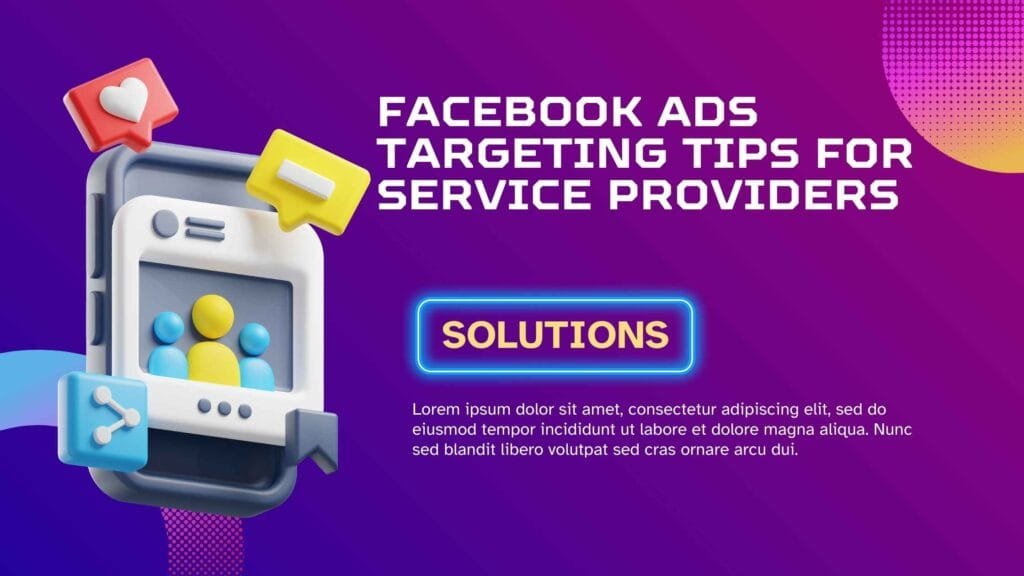
In today’s competitive digital world, staying ahead requires smart strategies and avoiding common pitfalls. Understanding the content marketing mistakes to avoid in 2025 is essential for businesses that want to boost engagement, improve SEO rankings, and build long-term brand trust. By learning what not to do, marketers can create campaigns that truly resonate with their target audience.
Ignoring Personalisation
One of the biggest content marketing mistakes to avoid in 2025 is producing generic content. Audiences now expect personalised experiences based on their interests, location, and behaviour. Ignoring data-driven insights can result in lower engagement and wasted resources. Instead, businesses should focus on tailoring their messages for specific buyer personas.
Overlooking Video and Interactive Content
Another mistake is neglecting video and interactive content. In 2025, video marketing continues to dominate, and interactive elements such as polls, quizzes, and live sessions help increase engagement. Brands that fail to adopt these formats risk falling behind competitors who capture attention with dynamic content.
Neglecting SEO Fundamentals
Even as AI-driven search evolves, SEO remains crucial. A common mistake is creating content without proper keyword research or ignoring Google’s AI updates. Businesses must ensure their content is optimised with relevant keywords, structured headers, and high-quality backlinks to maintain visibility.
Producing Quantity Over Quality
Some businesses still believe publishing more content equals more success. However, in 2025, quality outweighs quantity. Thin, repetitive, or irrelevant content not only fails to attract readers but can also harm search rankings. Prioritising well-researched, valuable, and engaging content ensures better results.
Failing to Track and Measure Performance
Lastly, one of the most critical content marketing mistakes to avoid in 2025 is ignoring analytics. Without tracking performance metrics like engagement rates, conversions, and ROI, businesses cannot refine their strategies. Leveraging tools like Google Analytics and AI-driven insights helps marketers continuously improve campaigns.
Conclusion
By recognising the key content marketing mistakes to avoid in 2025, businesses can enhance their digital presence, engage audiences effectively, and achieve measurable success. With a focus on personalisation, quality, SEO, and data-driven decisions, brands can thrive in the ever-changing digital landscape.



























